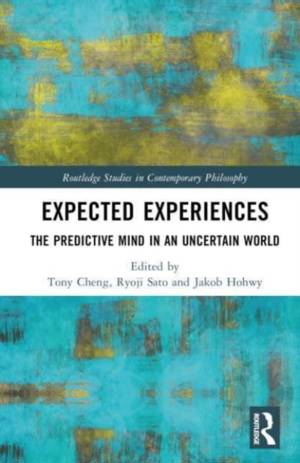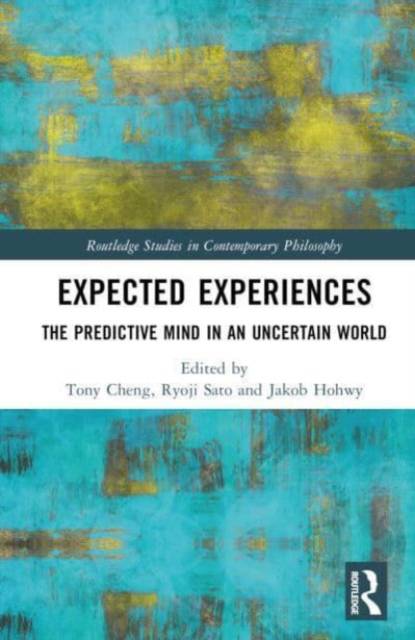
- Retrait gratuit dans votre magasin Club
- 7.000.000 titres dans notre catalogue
- Payer en toute sécurité
- Toujours un magasin près de chez vous
- Retrait gratuit dans votre magasin Club
- 7.000.0000 titres dans notre catalogue
- Payer en toute sécurité
- Toujours un magasin près de chez vous
Expected Experiences
The Predictive Mind in an Uncertain World
Description
This book brings together perspectives on predictive processing and expected experience. It features contributions from an interdisciplinary group of authors specializing in philosophy, psychology, cognitive science, and neuroscience.
Predictive processing, or predictive coding, is the theory that the brain constantly minimizes the error of its predictions based on the sensory input it receives from the world. This process of prediction error minimization has numerous implications for different forms of conscious and perceptual experience. The chapters in this volume explore these implications and various phenomena related to them. The contributors tackle issues related to precision estimation, sensory prediction, probabilistic perception, and attention, as well as the role predictive processing plays in emotion, action, psychotic experience, anosognosia, and gut complex.
Expected Experiences will be of interest to scholars and advanced students in philosophy, psychology, and cognitive science working on issues related to predictive processing and coding.
Spécifications
Parties prenantes
- Editeur:
Contenu
- Nombre de pages :
- 298
- Langue:
- Anglais
- Collection :
Caractéristiques
- EAN:
- 9780367535476
- Date de parution :
- 29-12-23
- Format:
- Livre relié
- Format numérique:
- Genaaid
- Dimensions :
- 152 mm x 229 mm
- Poids :
- 589 g

Les avis
Nous publions uniquement les avis qui respectent les conditions requises. Consultez nos conditions pour les avis.





